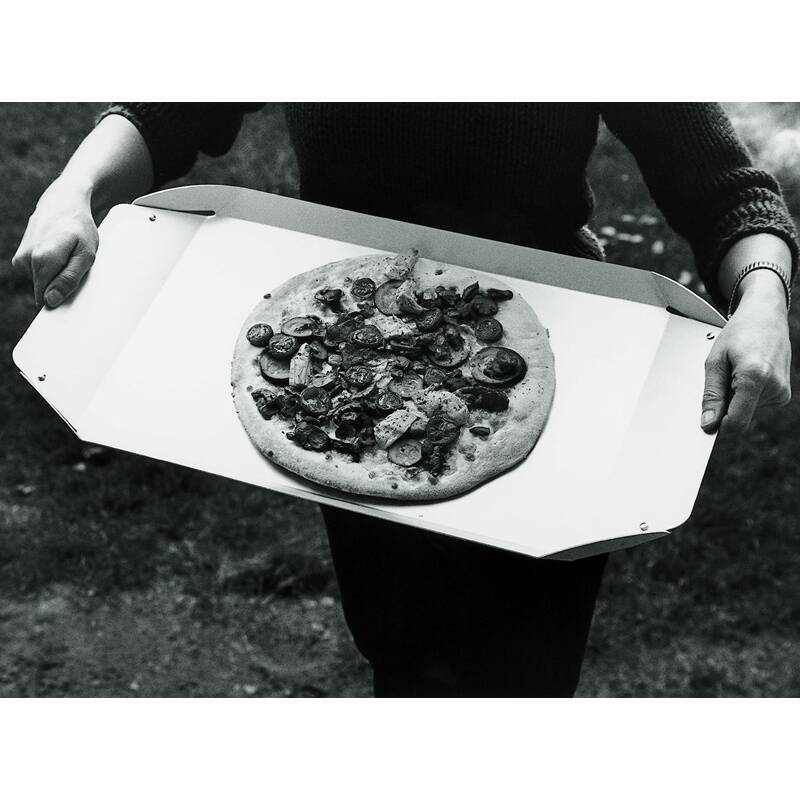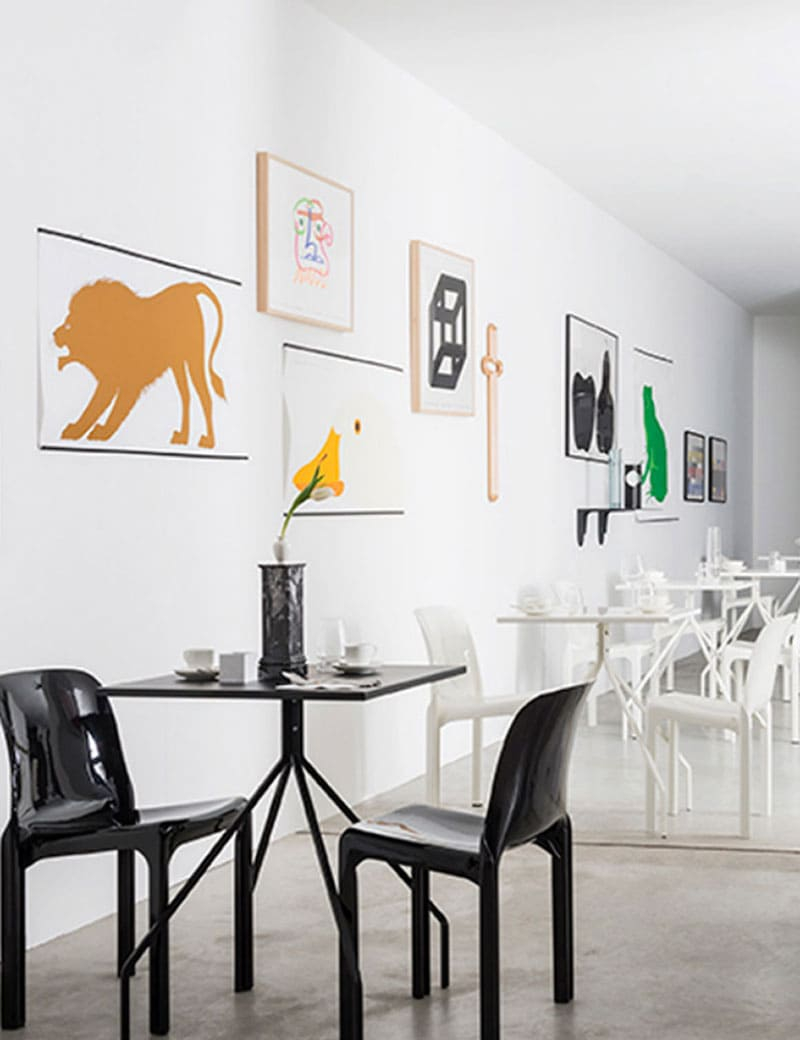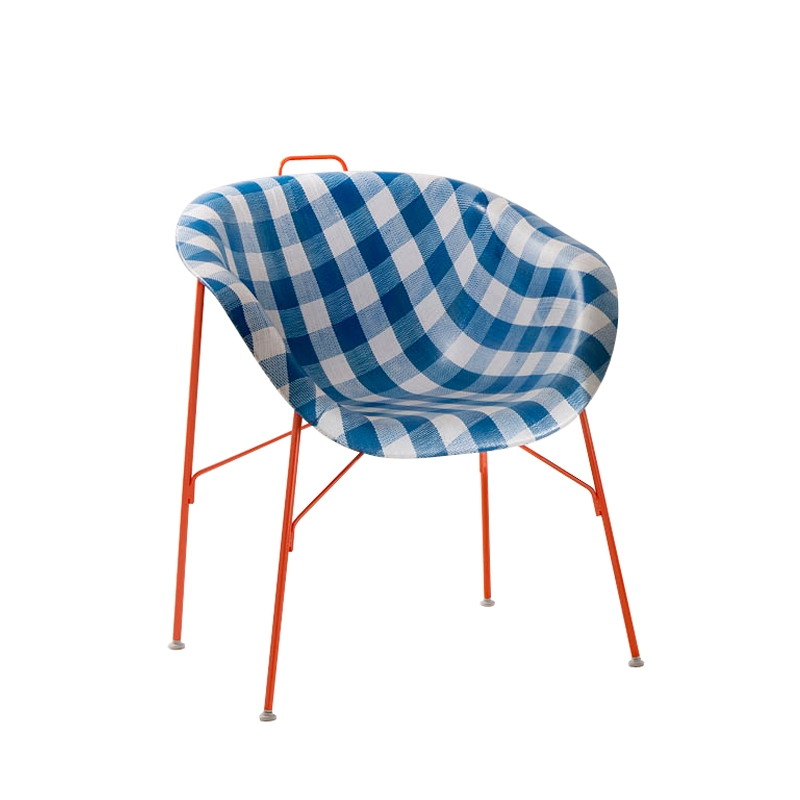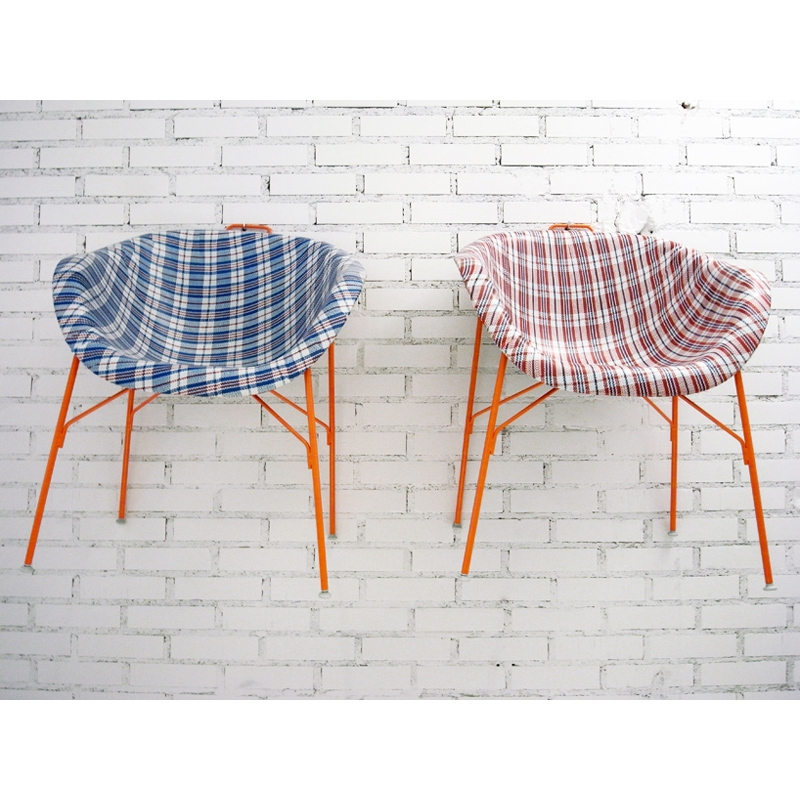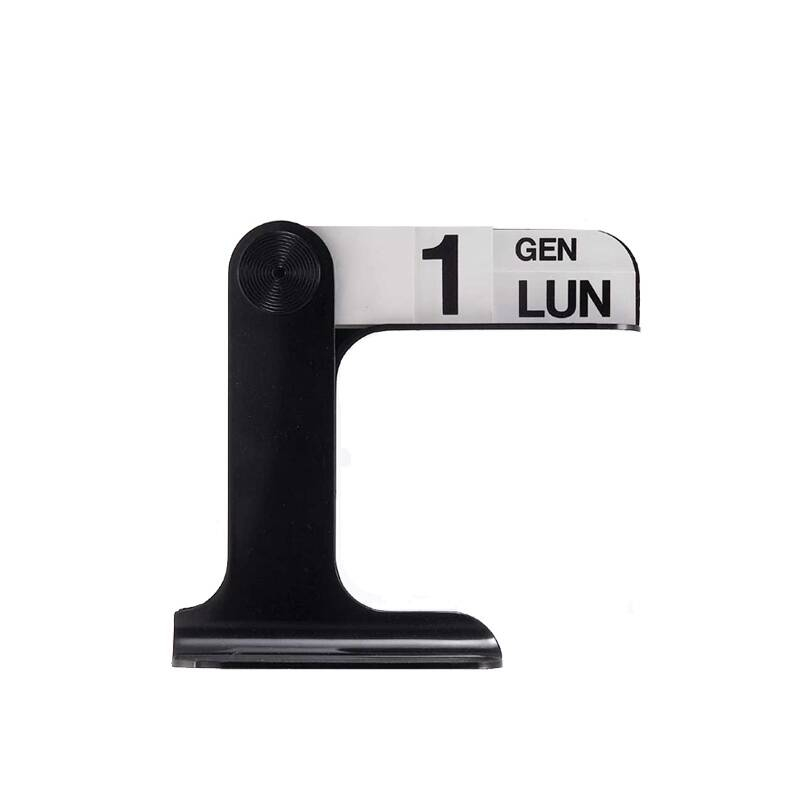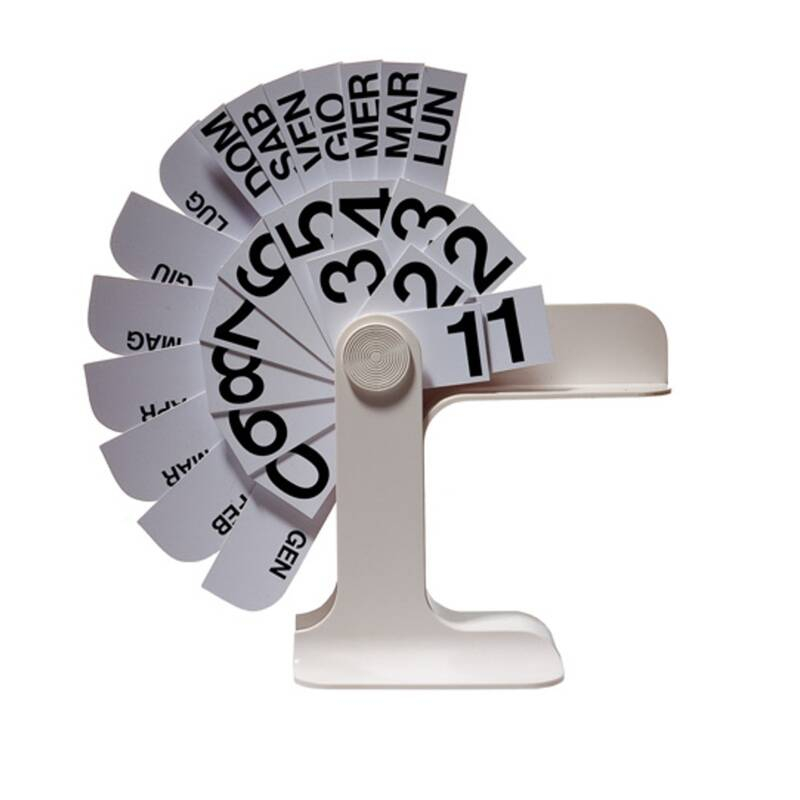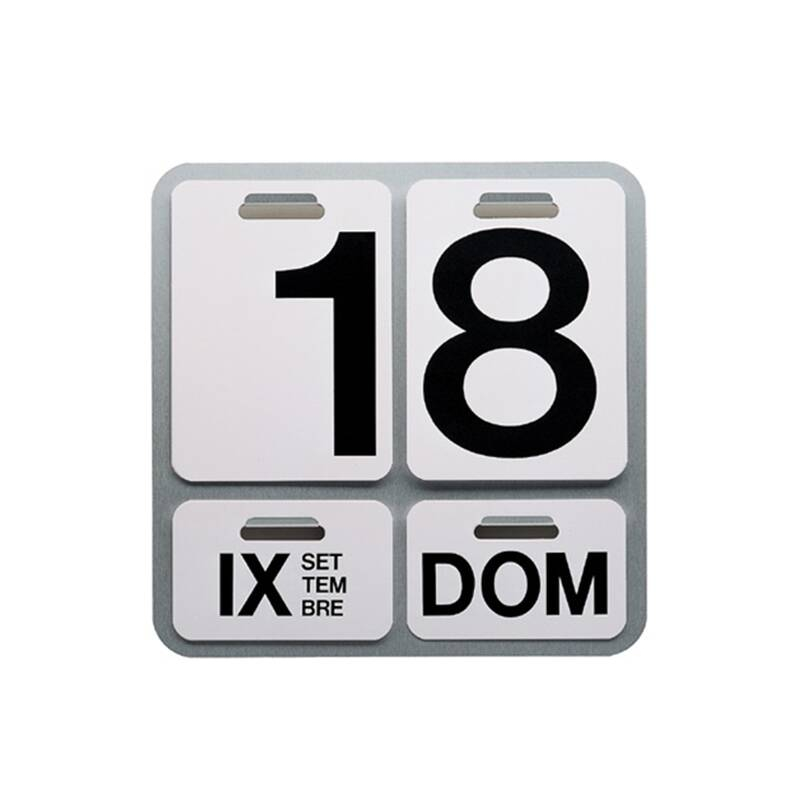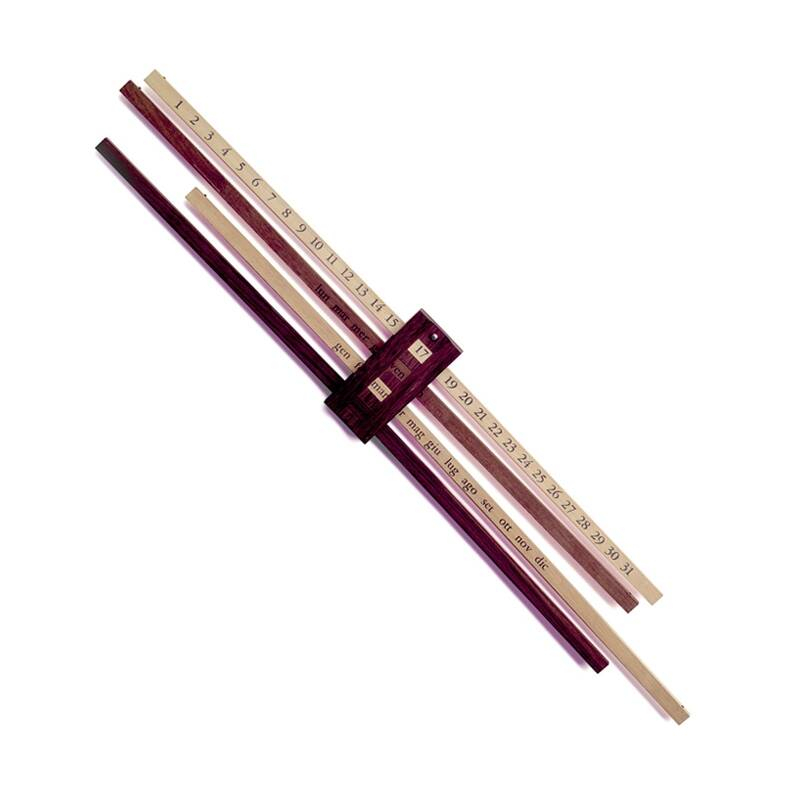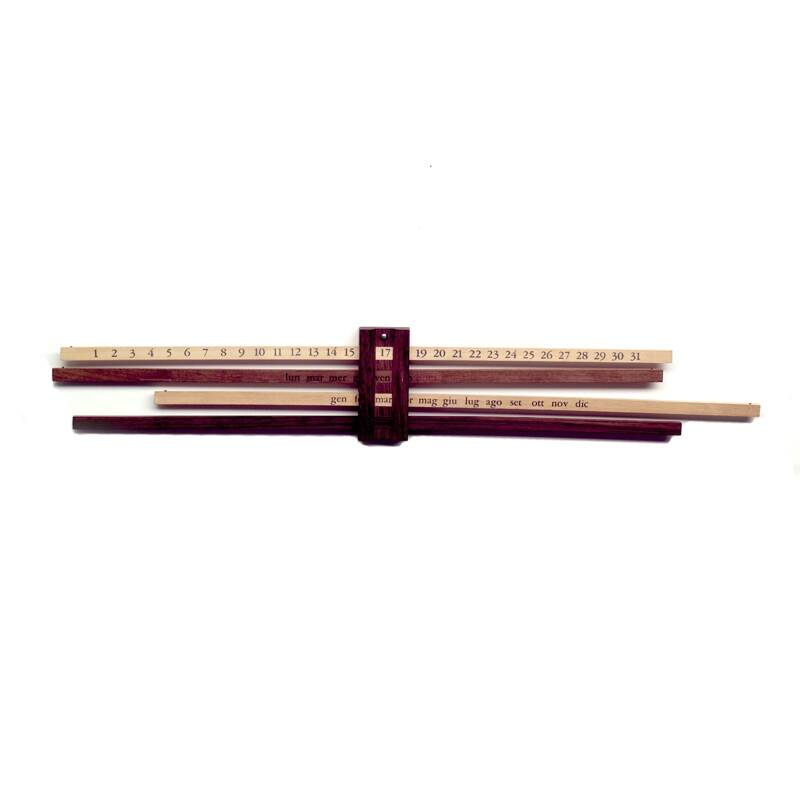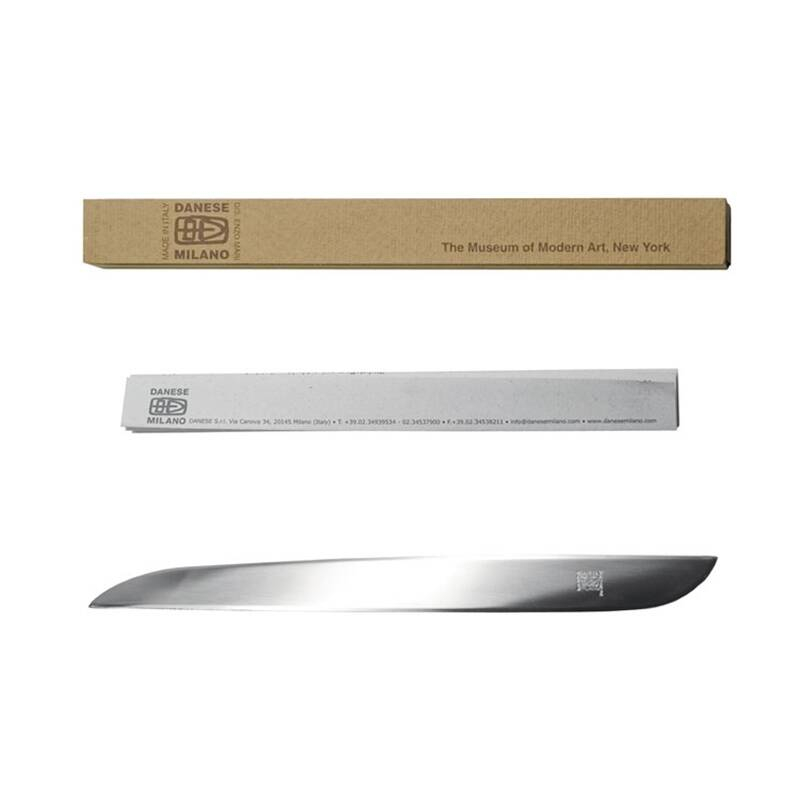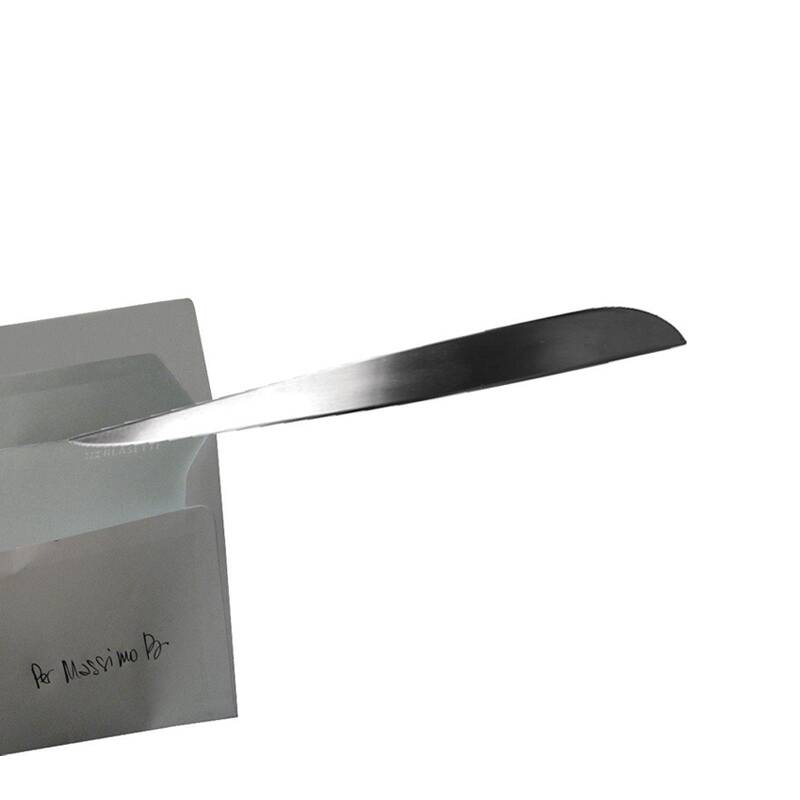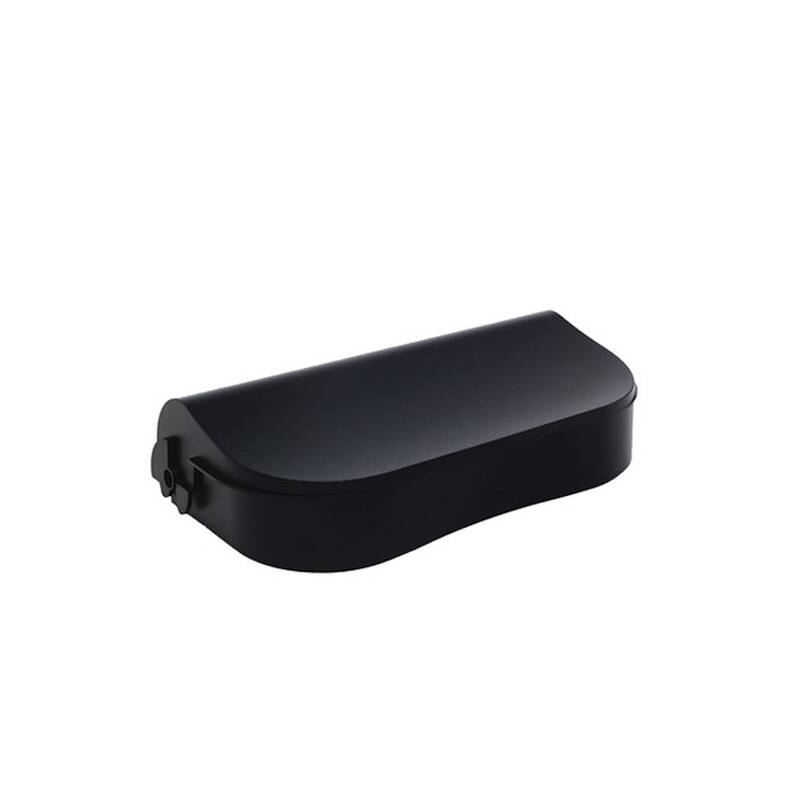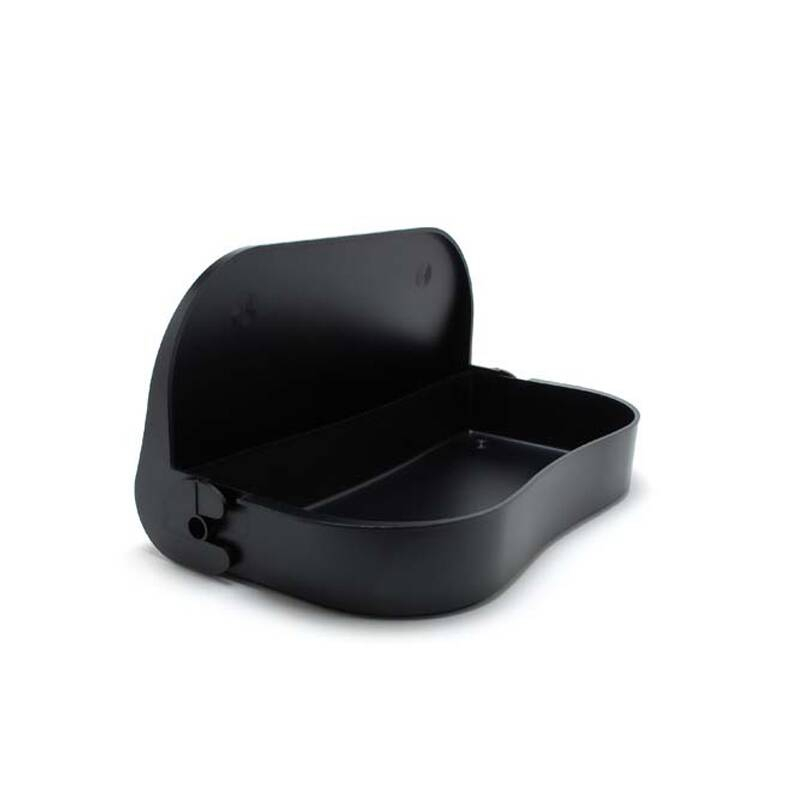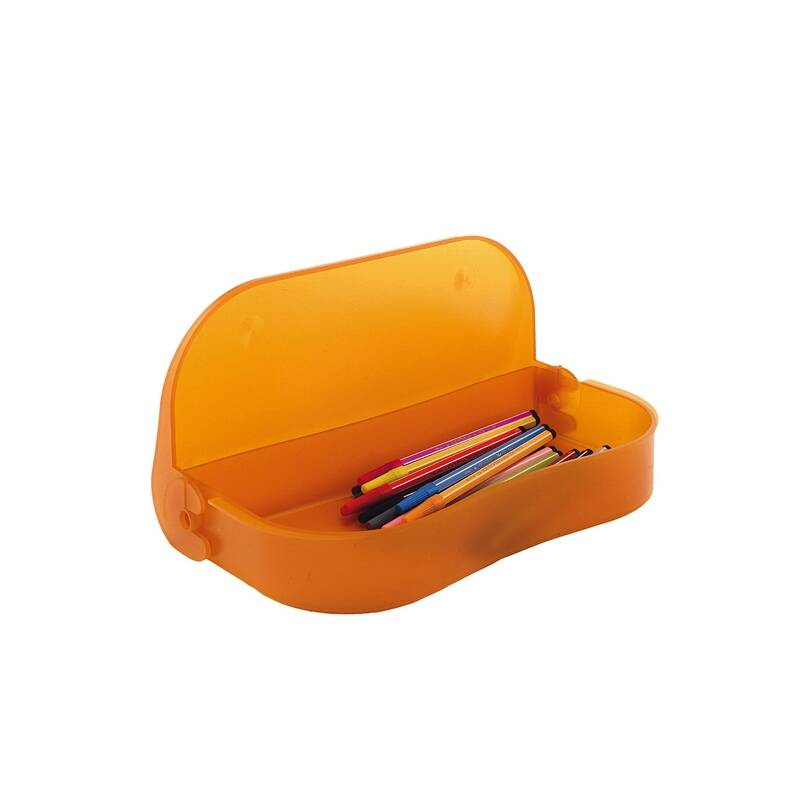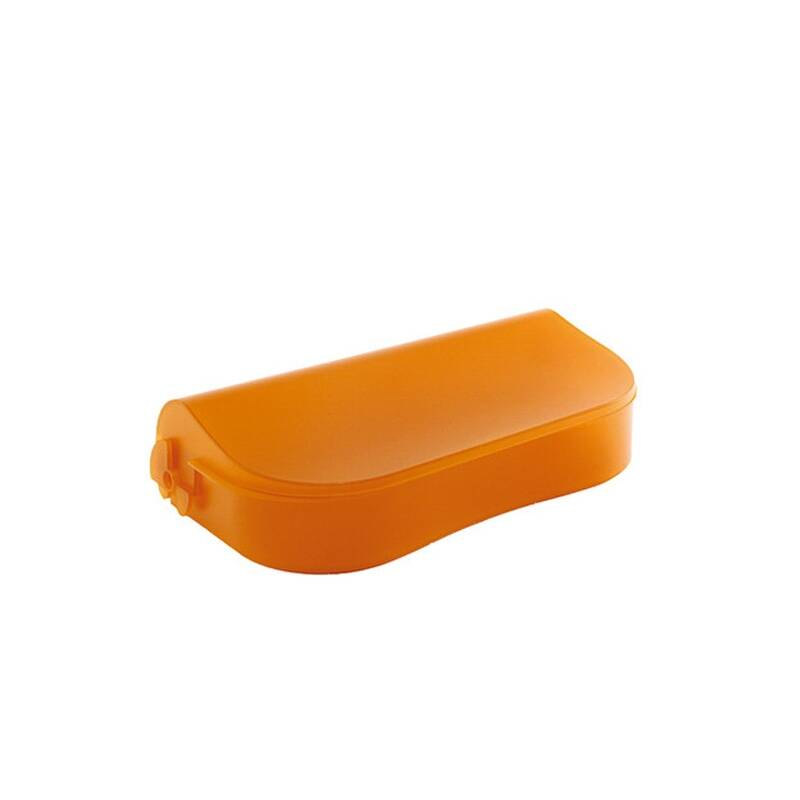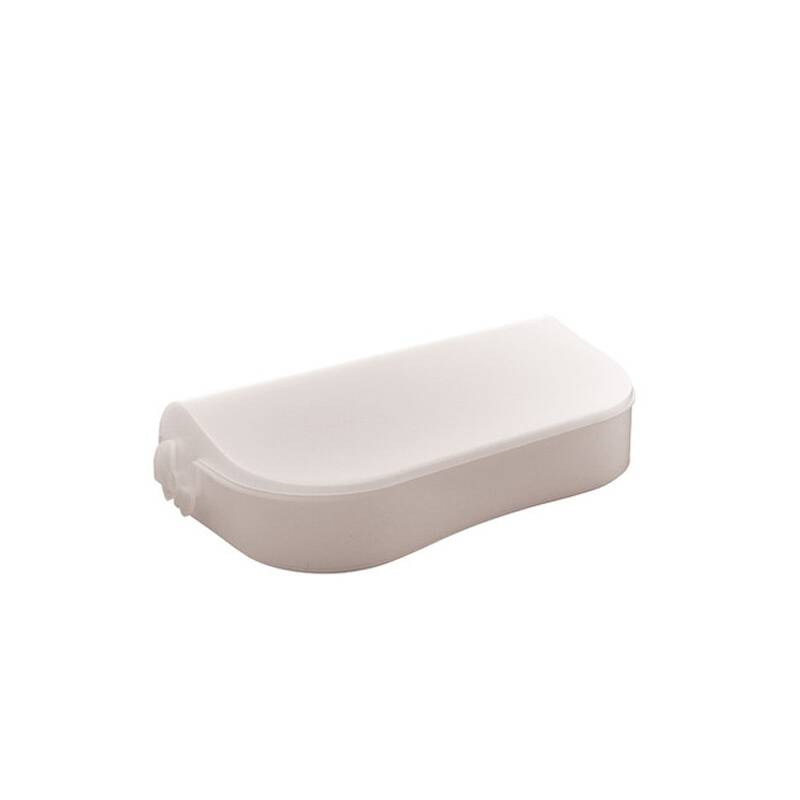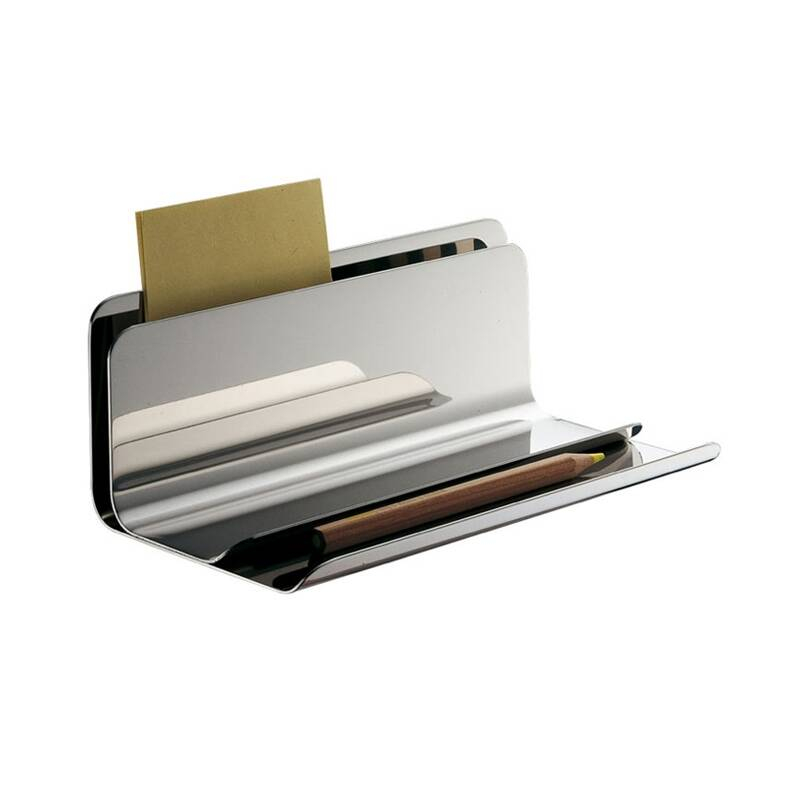- wishlist
-
Cart
Your cart is empty.
menu overlay
menu overlay
Already a customer?
New customer?
Enjoy all the benefits we offer and track your purchases in the order history.
Registermenu overlay
Reset my password
You will receive a link by email to reset your password.
Description
The Elisabetta serving tray is the result of research carried out in 2001 by Italian designer Enzo Mari for Danese Milano. An ingenious designer, he was committed to simplifying production techniques by transforming semi-finished products into finished products, using basic manufacturing methods. The Elisabetta tray is made from a piece of cut and bent aluminium sheet, ensuring resistance and stability. This sleek kitchen utensil is a decorative and functional object.
Colour
grey
Material
metal
Dimensions
l 50cm x D 29cm
Finish
anodised aluminium
What you think of it
Delivery Terms
Delivery possible within 48 hours for in-stock products.
You will also like
By the same designer
menu overlay
Quote request
You will receive a response from us within 24/48 hours
Your contact details
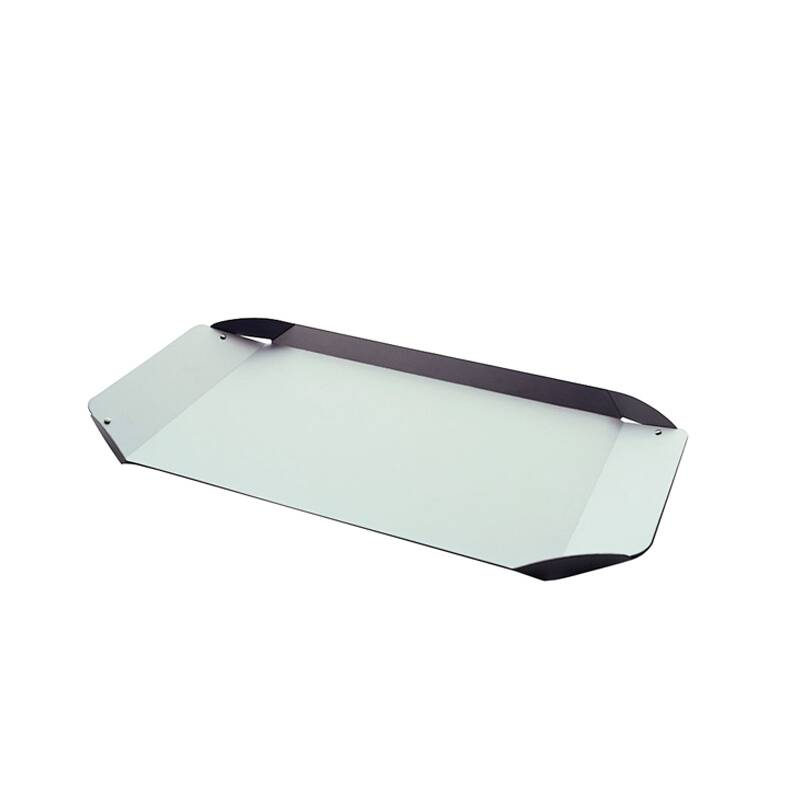
Products
ELISABETTA tray
DANESE
€184.80 TTC
€184.80 HT
In stock
In stock
€184.80 TTC
€184.80 HT
Total items :
€184.80
Taxes
0 €
Total (VAT incl.)
€184.80




